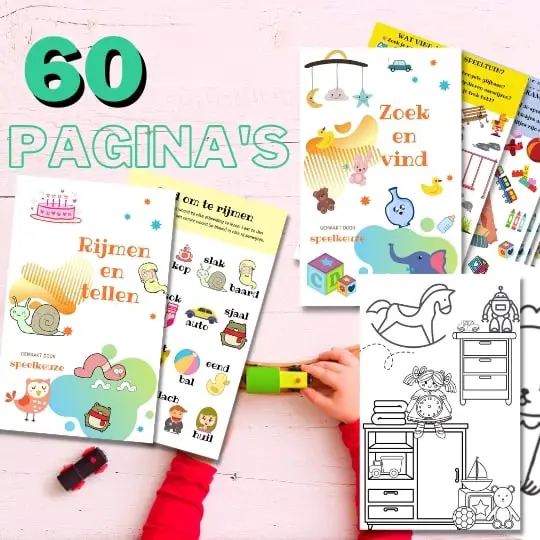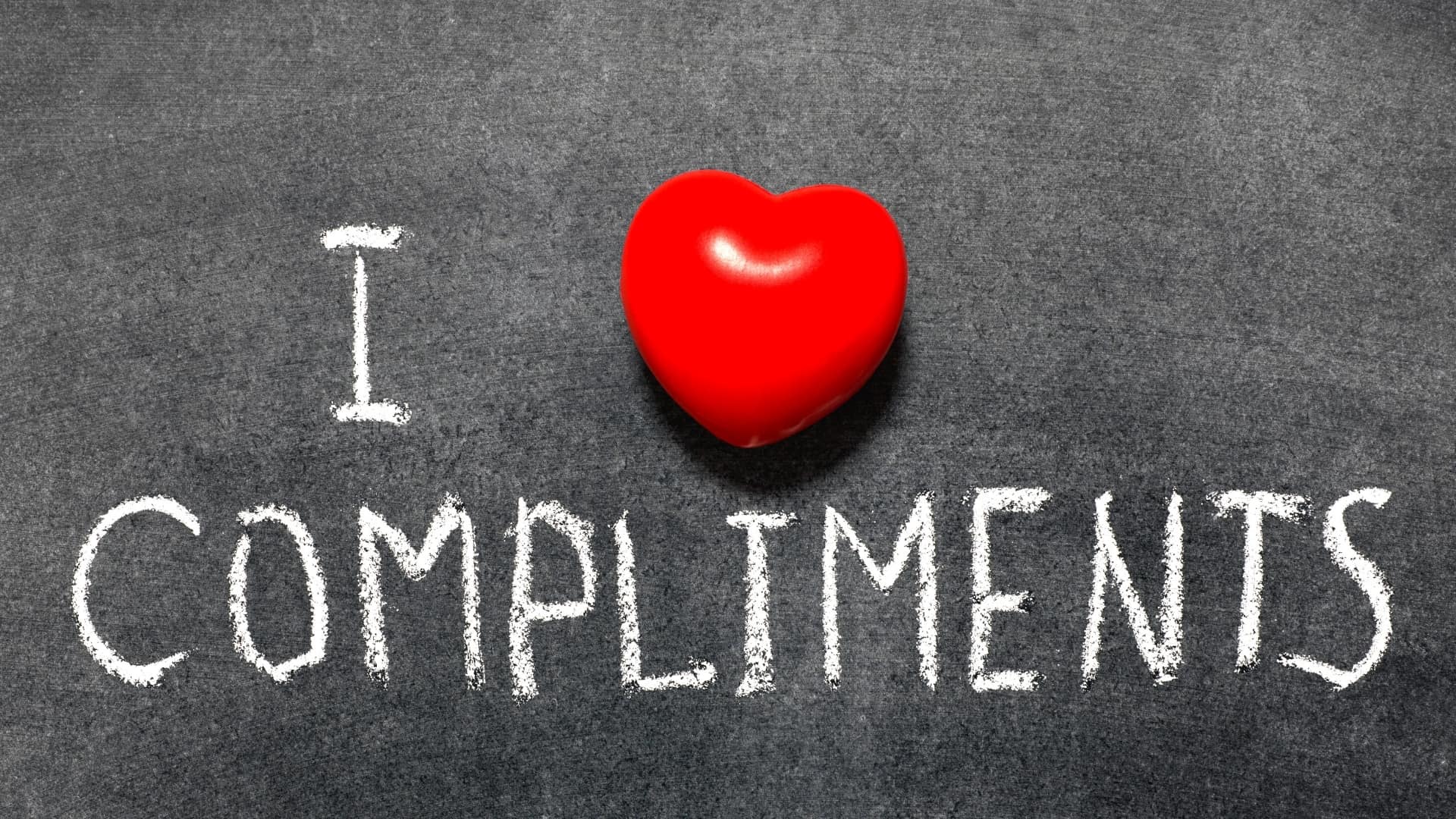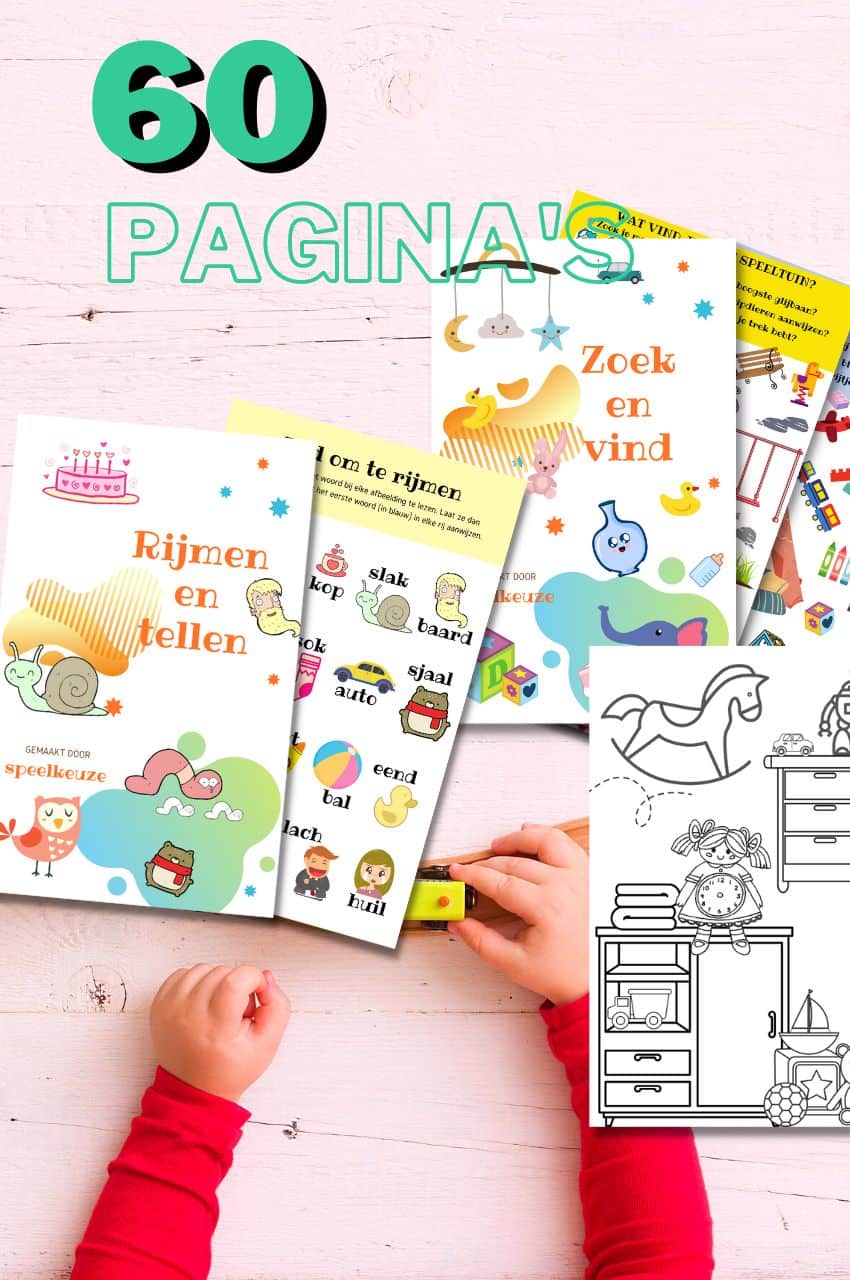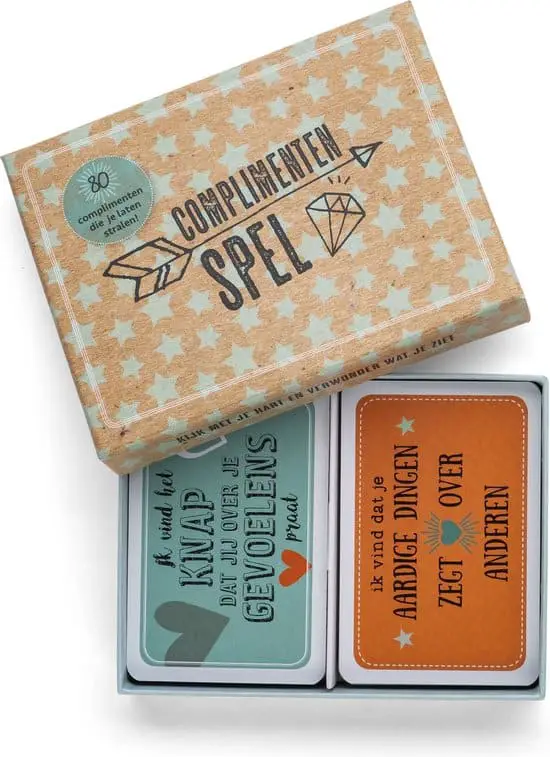Give compliments to your child | Expert advice & fun playing tips

Always something to do for the holidays or rainy day?
Play Choice now has the ultimate activity book collection, with over 60 pages of fun coloring pages and educational puzzles.
Young children are sensitive to everything they hear.
Anything they hear can make or break them. This is because they are very developing at that age.
Giving your child compliments can have a major influence on this development, be it positive or negative.
It can have many benefits, as long as you know how to do it.

Have you ever thought about this? Do you normally compliment your children, and in what way?
In this blog I will discuss how to give compliments to your child.
How can you compliment your child? Why is it important? What do the experts say? And what are nice products that can help with this?

From toddler to toddler activity book collection
Educational games and coloring pages for 3 to 6 years
Your toddler and preschooler will love this e-book, along with the accompanying printables. He or she can play with it at every stage of development, together with mom and dad.
Buy at Bol.comWhat we discuss in this comprehensive post:
The best way to compliment your child
It is not only important that you compliment your child, but also how you give them.
This can be done in many different ways. I will list a few tips.
Give sincere compliments
Perhaps the most important thing when giving compliments to children (and other people) is that the compliments should be genuine.
Children will notice immediately if the compliments are forced.
Such compliments will therefore not have a good effect. They are not convincing, so your child will not believe such a compliment.
A genuine compliment, on the other hand, can make a big difference.
When a child receives a compliment from you and notices that it is really meant, he or she will also accept this compliment better. There will be a lot of thought and thought about this compliment.
As a result, such a compliment can also be well appreciated. This only has positive effects.
Be observant
Be very observant of your child.
By being observant and specific, you can give better compliments. This also allows you to be more creative in giving such compliments.
You don't have to say the standard things every time. They could be a bit more detailed.
Instead of saying a child is smart, explain why you think that child is so smart.
For example: "It was very smart how you solved that calculation yourself by looking for explanations in your notes!"
Or: "It's nice of you that you helped your neighbor by helping to find the ball he lost."
Such compliments can be even more valuable. And your child will certainly appreciate it.
Try it out and enjoy the reaction and smile on your face! :)
Make sure the compliment is completely positive
Some people give a compliment, but then add something that ultimately gives the compliment a negative twist.
If you compliment your child like that, say, "Thanks for helping me tidy up the table, you're finally helping me out, you normally never do!"
Such a compliment starts off reasonably positive, but then takes a negative turn.
Such a compliment will neither make the child feel better nor likely encourage them to engage in such behavior more often.
He or she then feels bad about this compliment. A compliment should feel good for the child!
Make sure you have a good balance
Compliments work well when there is the right balance.
Don't give too little compliments, but not too much either.
If your child hardly receives any compliments, he or she will feel bad about it.
If your child is constantly receiving praise, it will not feel genuine, as discussed in point 1.
It may seem a bit fake and such compliments will no longer be as valuable.
The right balance is therefore essential, otherwise compliments no longer have a good effect!
Teach your child how to compliment themselves
Receiving compliments from others gives a child self-confidence, but a child who can compliment themselves may increase self-confidence.
It can be good to have self-criticism in order to grow, but of course a child must also understand self-esteem.
If they can see for themselves how handsome or strong they are, then they are stronger in their shoes.
All of this can have good consequences:
- they will be more confident
- they will believe more in themselves and in their dreams
- if they are bullied they will take less of it and be able to stand up for themselves better.
Learning to compliment themselves can also help them understand how to compliment others.
Giving the right compliments can be complicated, but luckily there are plenty of ways to do it correctly.
Giving compliments in the right way can have many beneficial influences on the child that contribute to his or her well-being.
It is good for their happiness, development and future! In addition, you as a parent also benefit from it;)
What do the experts say about giving praise to children?
Why is it important to compliment children? This can be substantiated with many arguments.
There are several experts who have researched this topic and found interesting discoveries.
Positive self-image and good atmosphere
Dr. de Vos and Dr. van der Hoeven explain the power of a compliment Education-advice.nl.
Like I said, compliments a child's self-confidence and a positive self-image. Here most people agree.
However, The Vos and van der Hoeven mention a few other interesting and remarkable points.
A compliment can also show desired behavior. Wanting to see desired behavior in your child does not mean that he or she should be constantly punished.
It's important to compliment rather than punish.
With these compliments, the children realize what desirable behavior is and that it is rewarded. This encourages them to behave like this more often.
In addition, more compliments also simply create a better atmosphere. An atmosphere with more positivity also means that more positivity can be attracted.
You can also give compliments non-verbally
The website Parents Van Nu informs parents that giving compliments can also be done without words.
Compliments can be given in many ways, verbally and non-verbally.
When your child does something well, you can always give him or her a pat on the back or high five. You can pat your child on the back after they say something good, or give a hug when they've cleaned up something.
It can be anything! A kiss, a smile, a wink, you name it!
Things like that will certainly make your kids happy and feel appreciated.
Compliment games - which one do we recommend?
Of course, giving compliments to children does not always have to be home alone. As an uncle, aunt or friend, you can also give compliments to someone else's child.
As a teacher you can play compliments games at school.
Children can also play such games with their family members or group of friends. It's all possible, anywhere!
Everyone probably already knows the classic compliments games. Such as handing out stickers at school, receiving curls on your homework or giving something small.
Did you know that there are also many other fun ways to play compliments games these days?
We have selected a few nice options for you:
| Compliment game | Images |
|---|---|
| Compliments card game | 
|
| Junior Coach Cards | 
|
Why are these compliment games so much fun?
The compliment game

There is a card game especially for practicing giving compliments, called the compliment game!
This game is specially made for children, but can be played with everyone.
You can work with different cards to discover beautiful wording for different situations. It provides inspiration to give feedback in a positive way.
It can also be played in a variety of ways. At home, at school, in a small group, with the whole class. It is also nice to put a different card for your child every day.
It's also called a box full of love and positivity;)
This game also comes in an ADHD and Autism version, making it easy to play for any child.
Junior Coach Cards

Another suitable game can be played with the Junior Coach cards.
With these cards all good questions can be asked to the children about the children.
It can be about what they find important, what makes them happy or what they want to achieve.
To answer such questions they sometimes have to say what they like about themselves, so give compliments.
This is great exercise for them!
Spiral Notebook A5
Games to practice compliments do not necessarily have to be done with cards. It could also be very simple with a notebook.
Choose a notebook that your child would love and love.
In this booklet you as a parent or your child can write down a compliment every day. This can be made into a habit.
For example, a child can write down things they are proud or happy about every day before going to sleep in their “compliment book”.
This will make your child go to bed positively and happily every night.
You can of course combine this with one of the card games above, and collect beautiful positive moments.
Giving compliments to your child: a good habit!
So there are plenty of reasons why giving praise to children should become a habit.
You can be creative with the compliments, it will only be good for the development of a child. A child will therefore understand how essential it is and apply it himself.
In short, giving and receiving genuine compliments is good for the whole family!
Playing games together is a very positive way to spend time with your child anyway. Read our here review + explanation of the 14 best board & board games!

Always something to do for the holidays or rainy day?
Play Choice now has the ultimate activity book collection, with over 60 pages of fun coloring pages and educational puzzles.
Joost Nusselder, the founder of Speelkeuze.nl is a content marketer, father and loves trying out new toys. As a child he came into contact with everything related to games when his mother started the Tinnen Soldaat in Ede. Now he and his team create helpful blog articles to help loyal readers with fun play ideas.